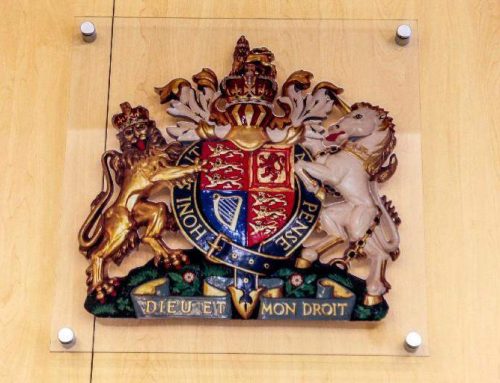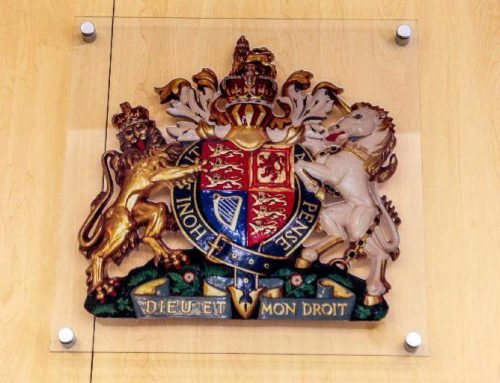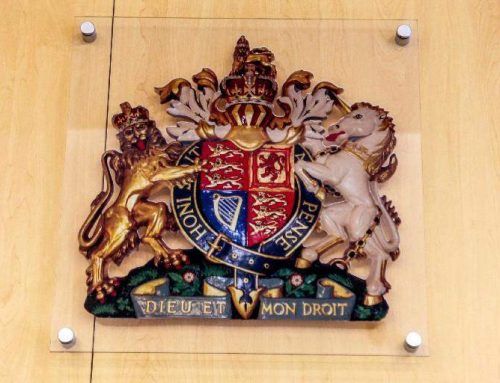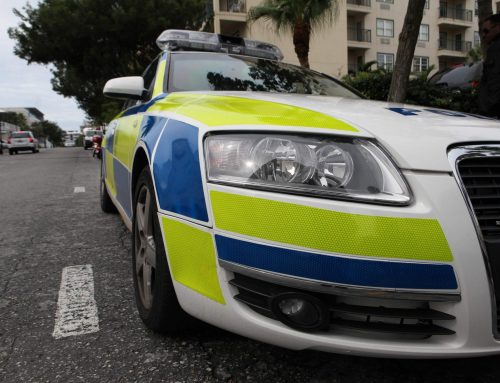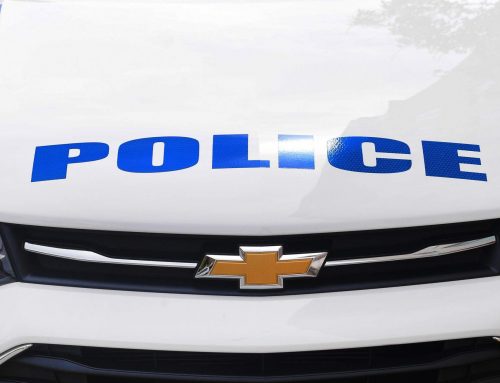The Supreme Court has upheld a decision by Magistrates Court to throw out a charge of driving without due care and attention against lawyer Charles Richardson.
Puisne Judge Shade Subair said prosecutors had offered only thin evidence to support the allegation that Mr Richardson had driven without due care.
Mr Richardson denied the charge and one of refusal to take a breath test in Magistrates Court this year after a crash in November 2016.
Prosecutors withdrew the breath test charge because of issues with witness statements.
Magistrate Khamisi Tokunbo ruled there was no case to answer on the remaining charge.
The Crown launched an appeal against Mr Tokunbos decision.
Mrs Justice Subair said there were cases where evidence of the fact of an accident are enough to prove a poor standard of driving in a written judgment this month.
She added: In this case, the magistrate was not bound to infer from the Crowns thin documentary evidence that the respondent had been driving below the standard of a careful and prudent driver.
Magistrates Court heard that at about 2.30am on November 26, 2016, police were alerted to a single-vehicle crash on North Shore Road near Government House in Pembroke.
Officers found a stationary car across both lanes when they arrived and damage to the wall around the Government House property.
Police spoke to Mr Richardson at around 4.30am at King Edward VII Memorial Hospital where he was being treated for injuries suffered in the crash.
The officers said Mr Richardson told them: I was driving, I struck the wall. Im really messed up; it hurts.
One of the two officers said he smelled alcohol on Mr Richardson, but the other did not.
Mr Richardson was asked for a breath sample, but refused.
He told police: It has been three or four hours since and I have had needles and medication while at the hospital.
Mrs Justice Subair said prosecutors did not call witnesses at the Magistrates Court trial and relied on written statements.
The judge wrote: It is curious that the Crown agreed or elected for the written statements of each of its witnesses to be read into evidence as opposed to calling its witnesses to the stand to elaborate on their statements.
This prosecutorial short cut limited the scope of evidential detail which was put before the court. It was certainly open to the Crown to call their witnesses to the stand to speak about the driving conditions of the accident scene which may have improved the quality of the evidence.
Neither of the police witnesses spoke about the conditions of the road itself or the presence or absence of driving obstructions.
Mrs Justice Subair said it was not for the magistrate to speculate on the quality of road lighting or driving conditions.
She added: This evidence should have been presented by the prosecution.
Mrs Justice Subair dismissed the appeal.
It is The Royal Gazettes policy not to allow comments on stories regarding court cases. As we are legally liable for any slanderous or defamatory comments made on our website, this move is for our protection as well as that of our readers. To read the judgment, click on the PDF link under Related Media



